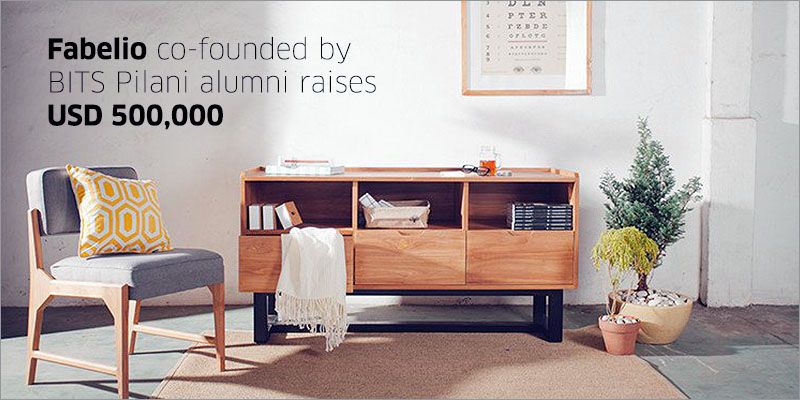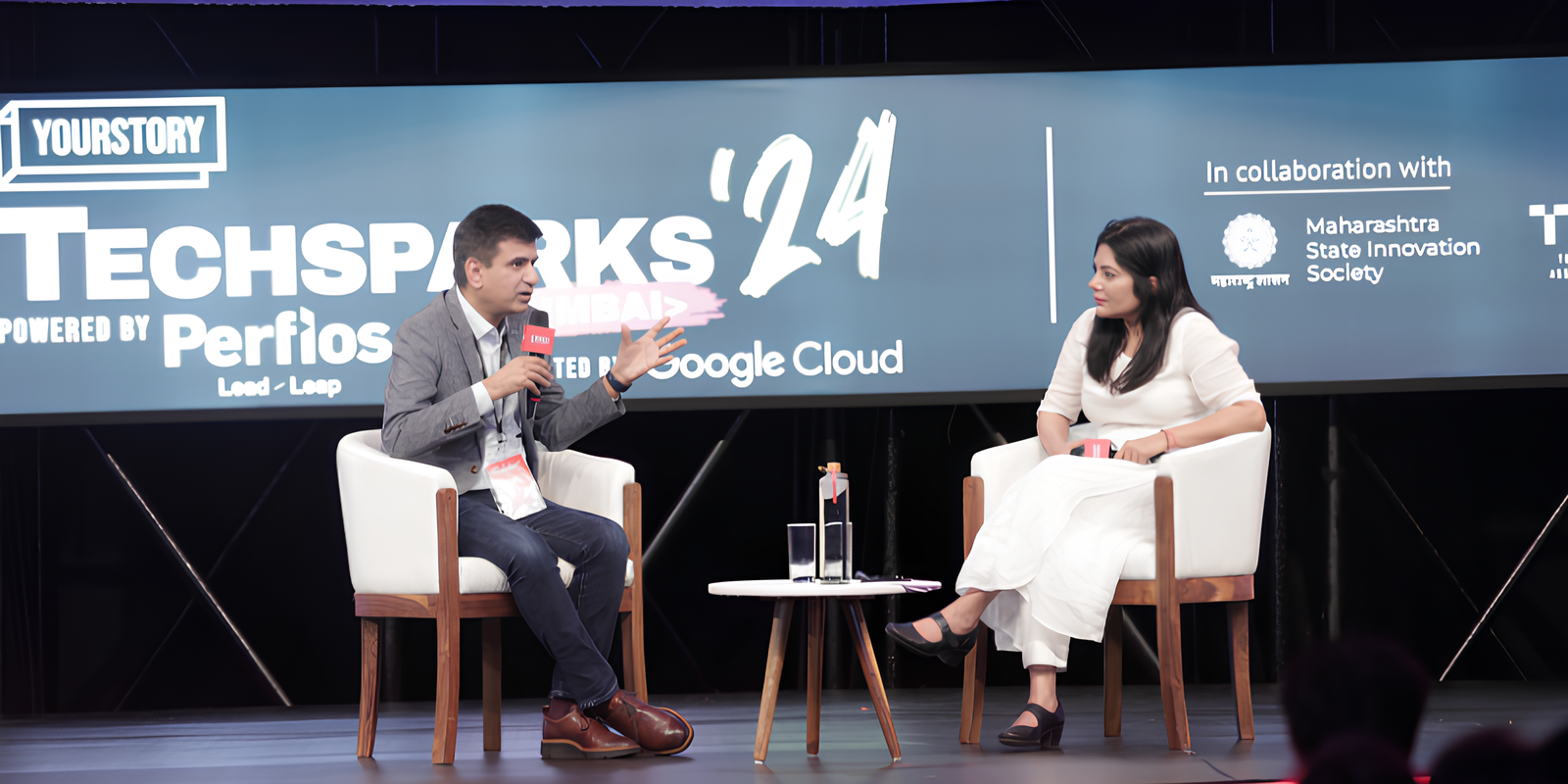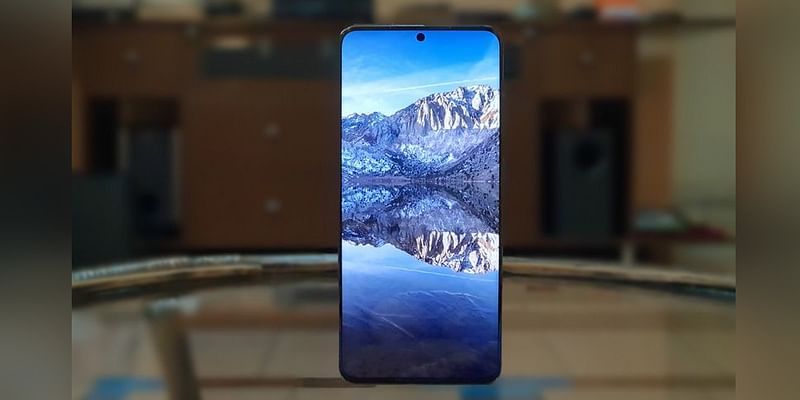Indonesia-based home décor online startup Fabelio eyes the Indian market
Indonesia-based Fabelio, co-founded by BITS Pilani alumni, recently raised USD 5,00,000 in its seed round funding led by 500 startups, along with KK Fund, IMJ Investment Partners and angel investors, Sandeep Tandon, Co-founder of Freecharge.com, and Roshni Mahtani, Founder of Tickled Media.

The company will use the funding in expanding operations to multiple cities in Indonesia, international expansion, offline showrooms, and product and mobile app development. Launched in June 2015 by Krishnan Menon, Srinivas Sista, Christian Sutardi and Marshall Utoyo, Fabelio is an online design-centric furniture startup.
“Unlike India, Indonesian online furniture space is young and wide open. So we did not have a lot of benchmarks to meet or beat. We are setting the benchmark in this segment,” says Krishnan, Co-founder, Fabelio.
He adds that he caters to the middle-class Indonesia with a household income of USD 1,000 and above per month. Unlike India, where income distribution is a pyramid, Indonesian economy is more in a diamond structure with the majority in middle-class segment.
However, the furniture and home décor segment has been largely ignored both offline and online, when it comes to quality of design and materials. A middle-class Indonesian faces tons of issues while buying furniture.
Talking about the existing market, Krishnan says, “Unique designs are available only to high-end customers. The quality of available furniture in offline stores is limited. There’s no standardisation when a customer has to deal with small workshops and SMEs to get his home furnished.”
He adds that he intends to solve the issue of lack of standardisation faced by foreign customers who want access to Indonesian furniture both for B2B and B2C. The success stories of Indian online furniture and home décor players such as Urbanladder, Pepperfry, Homelane, Fabfurnish and others gave him a lot of motivation.
Currently, the company claims to have more than 350 different options spread across 15 different categories on its website. Fabelio intends to offer more than 2,000 exclusively designed quality furniture and home décor by the end of the year.
Market overview & existing competition
The furniture industry is one of the most traditional industries in Indonesia. In 2013, the Indonesian market for home furniture and homeware retail was estimated to hit USD 4 billion. At an annual growth rate of 8.5 percent, this segment is projected to reach a size of USD 5.5 billion by 2018.
With over 4000 SMEs, the furniture industry in Indonesia is largely fragmented. “This leads to a lack of standardisation for consumers who get offered different prices by different workshops for the same product. With Fabelio we want to solve this issue like our Indian counterparts, who have entered a totally non-standardised environment and successfully introduced price and quality transparency to Indian consumers,” says Krishnan.
The company claims to have over 200 percent month-on-month growth and it looks on track to USD 200,000 GMV per month by the end of the year.
Eyeing Indian market
India is a big market for Indonesian furniture. Many Indian citizens visit Bali often and bring back home lakhs worth of furniture. Indian e-commerce players source from Indonesia, but largely through an unorganised offline export segment.
Fabelio intends to make things easier for the Indian customer and Indian e-commerce players by becoming a gateway to Indonesian furniture. It’s in the process of discussion with some players and hopes to work with a few soon.
Competition landscape
In the organised segment, competition is among offline players. Informa and IKEA are some of the biggies in the market.
However, with multitudes of added value given to customers and the quality of service accompanied by the quality of product, design and ease of purchase, Fabelio intends to swing the customers from offline to online.
Taking on challenges
Indonesian customers are not used to the concept of buying furniture online. So, Fabelio feels that it has a major responsibility to educate the market.
Another major challenge it feels is to standardise the supply network and educate the suppliers to meet the quality standards. “This is the primary reason why we spend so much effort on testing and finding the right supplier and not just onboard every single of the 4,000+ furniture SMEs in Indonesia,” says Krishnan.
Besides, logistics is another painful area in this segment. He adds that to address the issue, he is working with some logistics partners and training them to do deliveries with a personalised touch.











